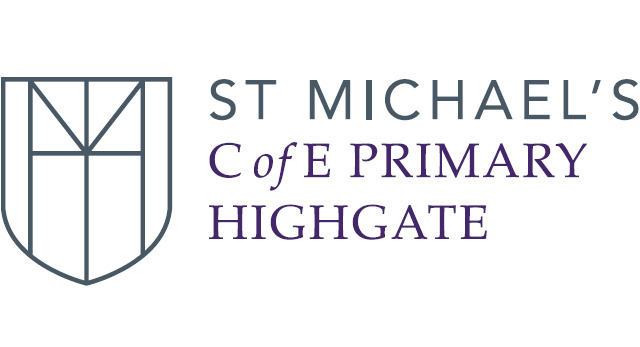Collective Worship
We place great value on our collective worship. We believe that it strengthens our community by reinforcing our vision, mission statement, values and ethos.
Our worship informs our behaviour, attitudes and relationships – of which we are very proud, but always strive to improve. Collective worship is well planned, to ensure it is a rich, inclusive and cohesive experience. Each week’s worship has a clear focus. This may be one of our school values, a Christian festival, a religious festival of another faith, or related to the school year. Everyone is encouraged to make a contribution to the school and community including its faith life. Collective worship may be led by staff, clergy, visitors and pupils. Collective worship takes many forms, including: We start each morning with a whole-school assembly where pupils and staff join together as a community. As we enter the hall our singing raises the roof. The children are confident when expressing their interpretations of biblical readings, and acting and discussing spiritual and moral issues. Time is given to reflect in a silent atmosphere and the assembly ends with a child reading their prayer. Each week we have a family assembly, which is led by a particular class. Families of those children are invited to join us for the celebration. Christian meditation is practiced in the classrooms. This is a time when the whole class stops and engages in the art of being still. Daily class worship includes prayer, celebration, and time to discuss ‘big’ questions and develop critical thinking. Each year group in key stage 2 plans and leads a whole-school church service which all of the community is invited to attend.Types of collective worship
Assembly
Meditation and reflections
Church services






